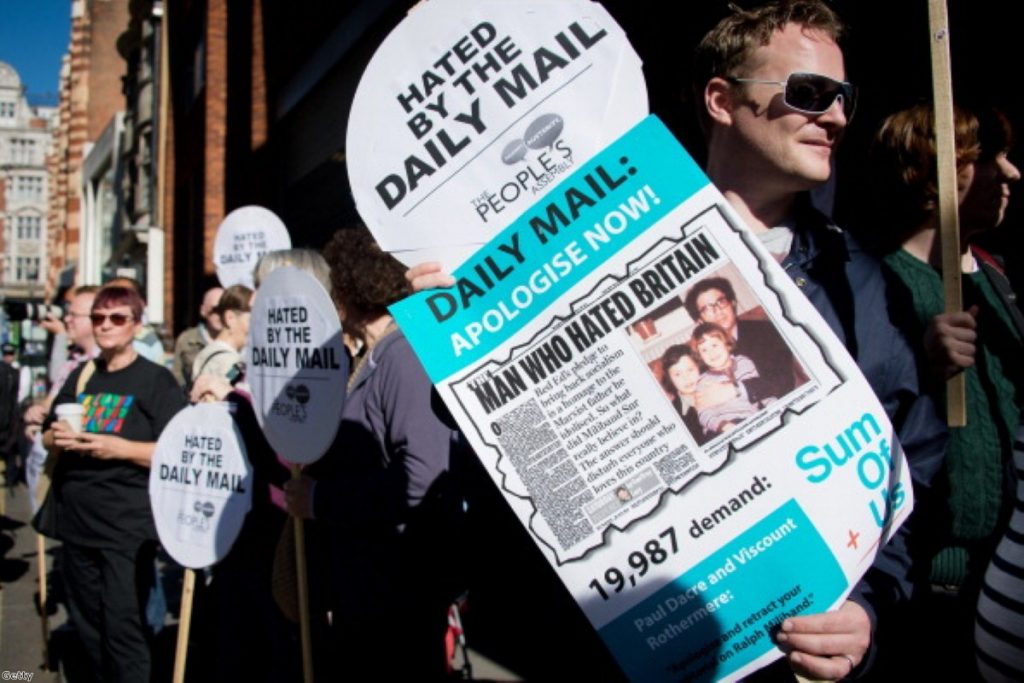Is Ed Miliband plotting his revenge on the press?
Ed Miliband's relationship with the press started badly and has got progressively worse.
His selection as Labour leader ran counter to the predictions of most newspapers, most of which had strongly backed his brother.
His subsequent attack on News International over phone hacking, plus his strong support for the Leveson proposals, means that he now enters the short campaign facing an overwhelmingly hostile media.
Be it the Daily Mail attacking his love life, or the Sun making nob-jokes about his election debate performance, Miliband has been attacked from all sides. This hostility has not just come from the traditionally Tory-supporting press either. When leadership speculation mounted against him towards the end of last year, even normally Labour-supporting publications came out against him.


Yet somehow he has survived and current polls suggest that Miliband remains likely to be the next prime minister either as leader of the largest party or with the support of others.
If this happens then he will be the first prime minister for generations who does not owe anything to the press. Might he then also be the first prime minister to act against them?
In Labour's manifesto, which Miliband launched today, he pledges to act against the "concentration of media power" in the UK.
Labour manifesto on media barons: "No one media owner should be able to exert undue influence on public opinion" pic.twitter.com/coBryqMGsb
— Adam Bienkov (@AdamBienkov) April 13, 2015
The manifesto states that "the concentration of media power in too few hands is damaging to our democracy," adding that: "No one media owner should be able to exert undue influence on public opinion and policy makers."
Miliband pledges to "take steps to protect the principle of media plurality, so that no media outlet can get too big, including updating our rules for the 21st century media environment".
Asked today by the New Statesman's George Eaton for details of what he would do about media plurality as prime minister, Miliband replied that there were "significant issues" that needed to be dealt with.
"There are significant issues that need to be looked at in regard to media plurality and that is something that the next government will do," he said.
So what does this mean? Could Miliband be preparing to set a new cap on the ownership of media outlets or could he even be thinking about breaking up existing media companies? In short, could Miliband be about to exact revenge on all those publications that have given him such a hard time over the past five years?
We simply don't know. However, one thing is clear. If the British press was already hostile to the idea of Ed Miliband becoming prime minister, Labour's manifesto is only going to make them significantly more so.

